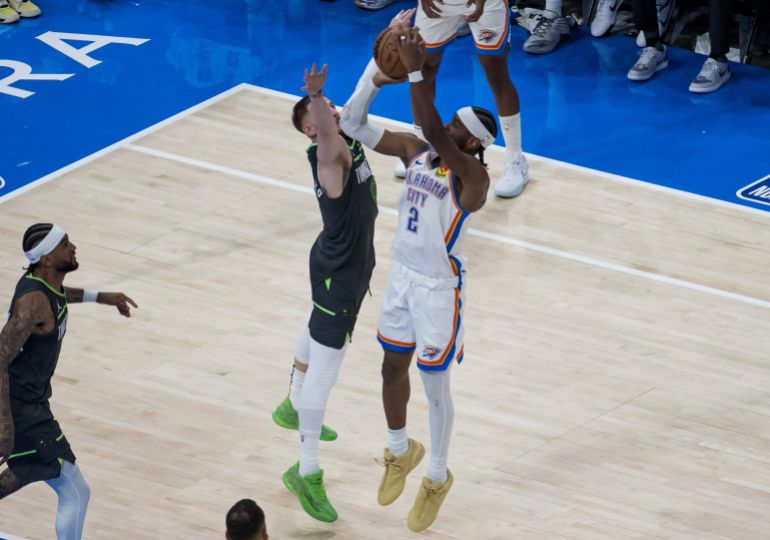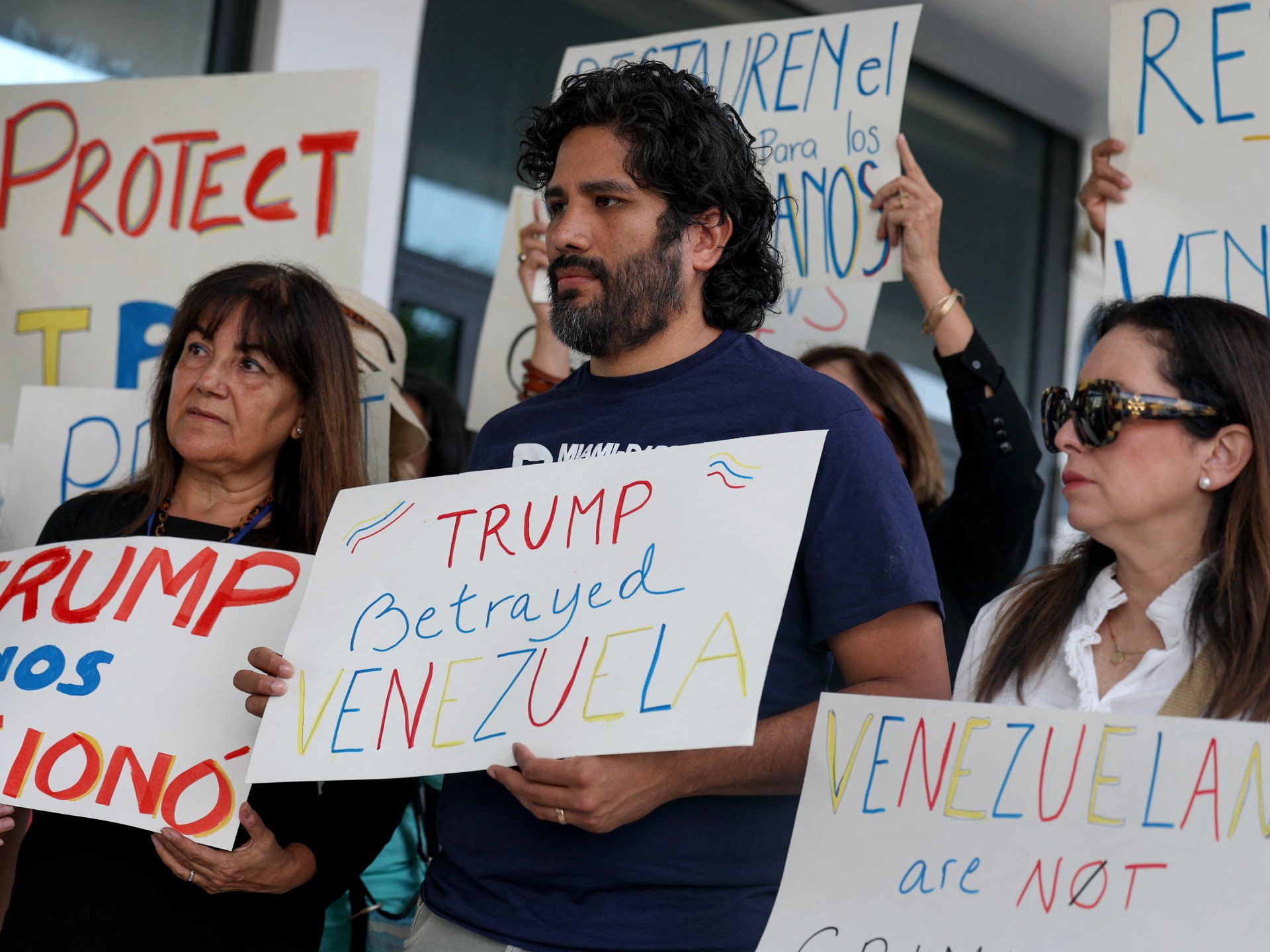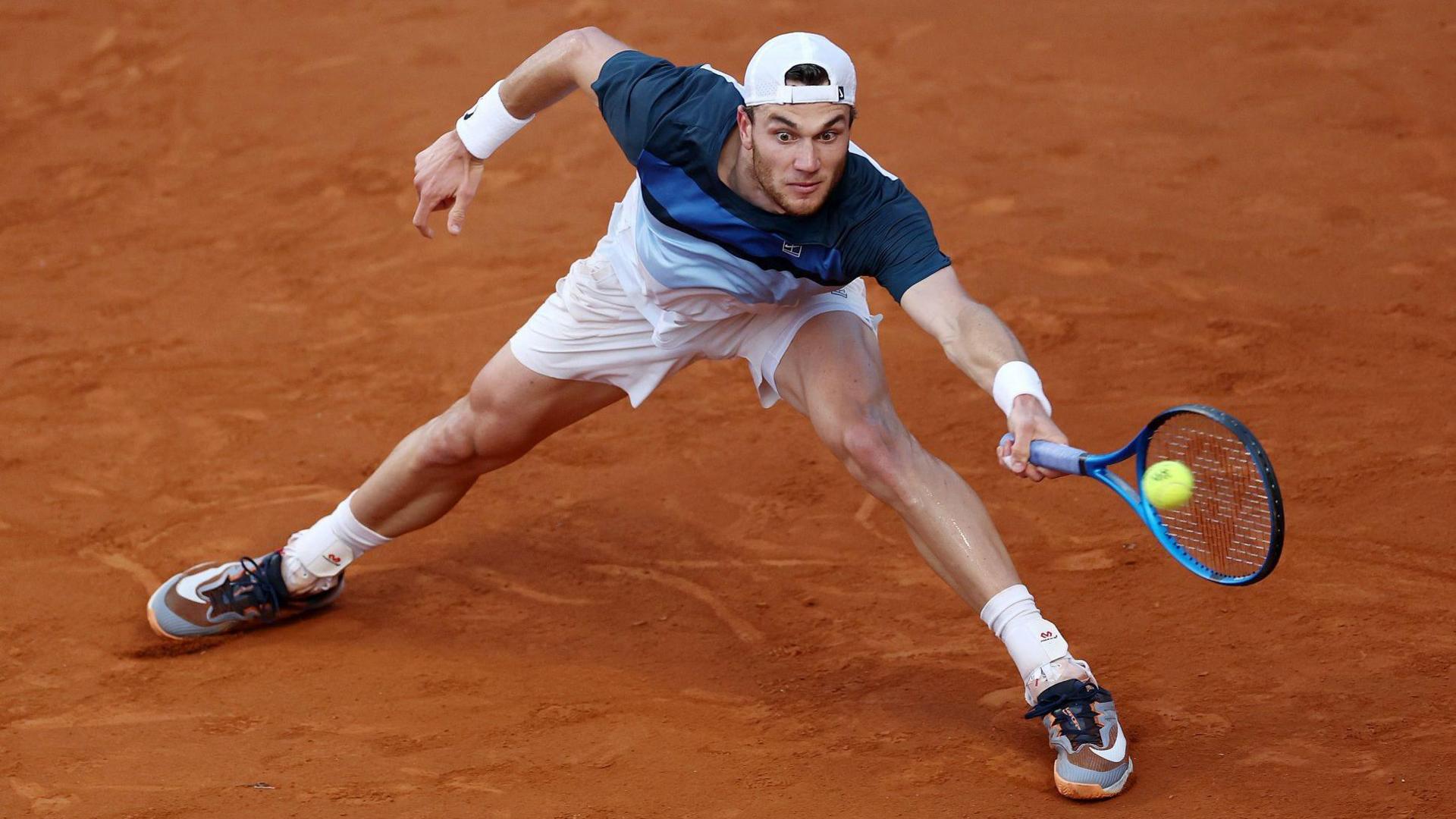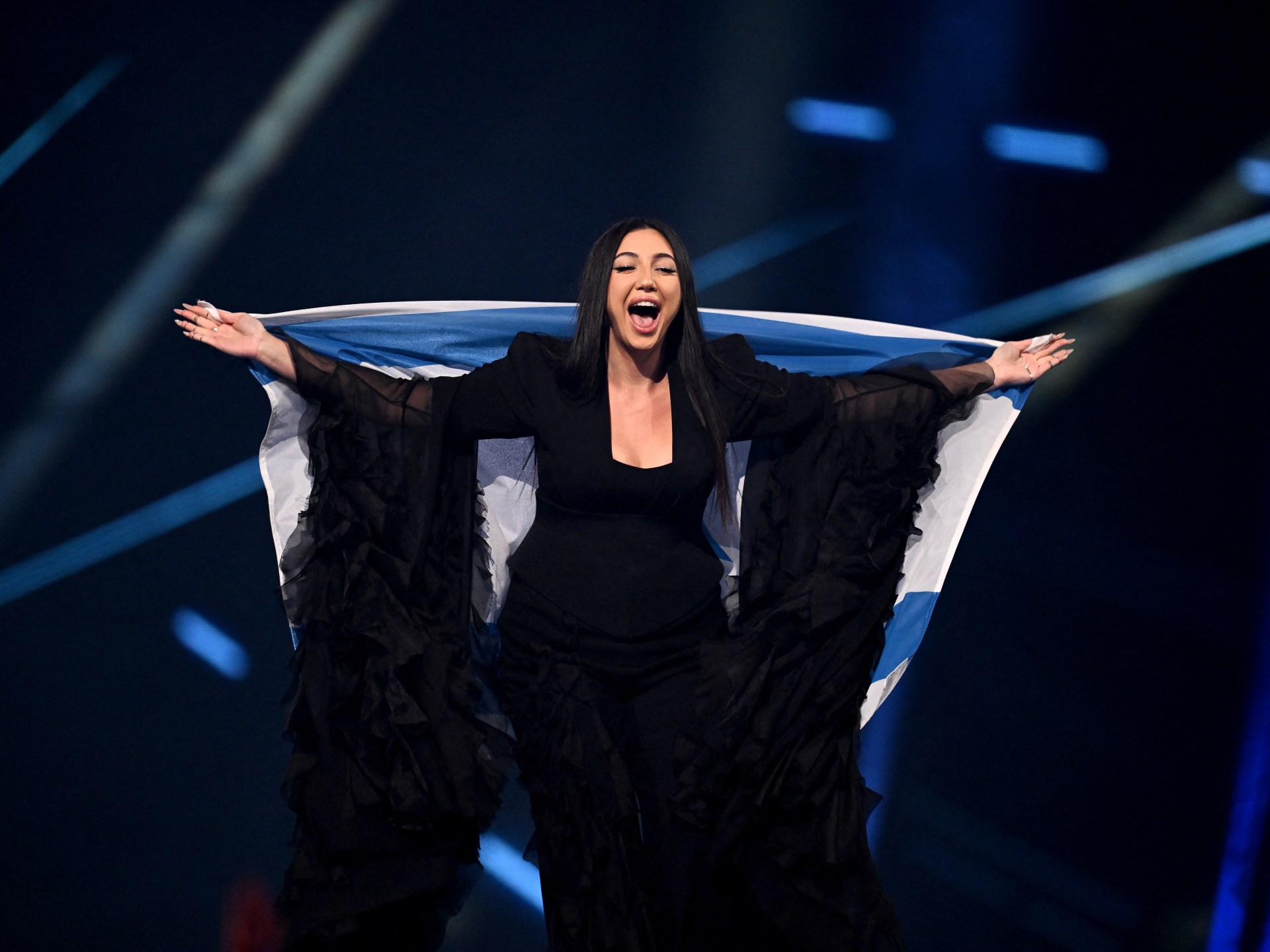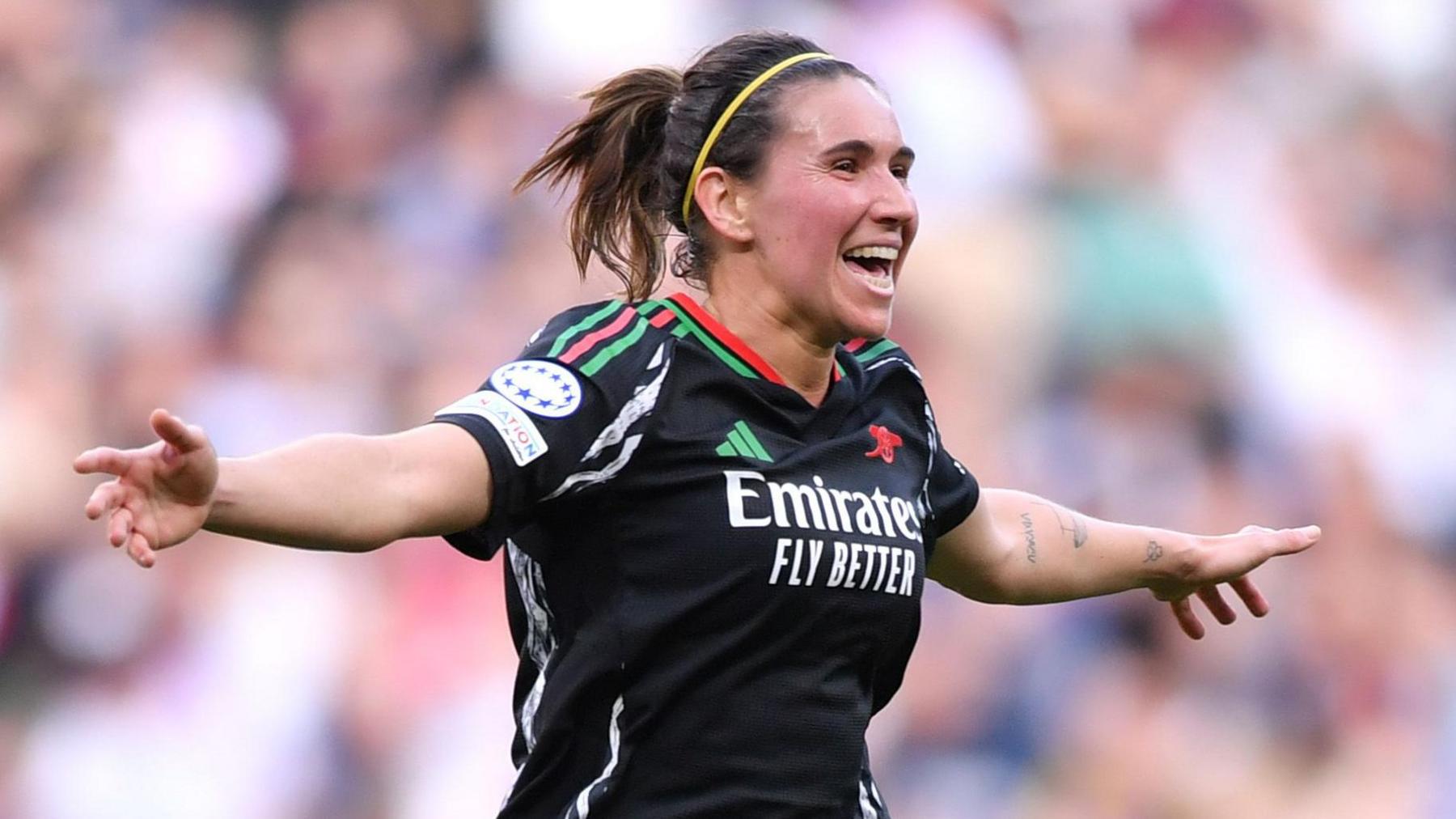The United States Supreme Court on Monday allowed President Donald Trump’s administration to revoke the Temporary Protected Status (TPS) granted to hundreds of thousands of Venezuelan immigrants, paving the way for their deportation.
The court reverses a San Francisco-based district judge’s March order to block Homeland Security Secretary Kristi Noem’s decision to remove temporary protected status from some 348,000 Venezuelans as part of Trump’s crackdown on immigrants.
The Trump administration has justified its deportation over allegations that some of the Venezuelans are members of gangs, although it has not provided any proof to back its claims.
Here is more about what happened.
What is Temporary Protected Status?
TPS grants people living in the US relief from deportation if their home country is affected by extraordinary circumstances such as armed conflict or environmental disasters. An individual who is granted TPS cannot be deported, can obtain an employment authorisation document and may be given travel authorisation. A TPS holder cannot be detained by the US over their immigration status.
The duration of this is granted in increments from six months to 18 months. However, this can be renewed and sometimes has been renewed for up to decades. The US Department of Homeland Security (DHS) secretary can grant TPS to people from specific countries.
Countries that are currently designated for TPS include: Afghanistan, Myanmar, formerly known as Burma (Myanmar), Cameroon, El Salvador, Ethiopia, Haiti, Honduras, Lebanon, Nepal, Nicaragua, Somalia, South Sudan, Sudan, Syria, Ukraine, Venezuela and Yemen.
The programme was enacted in the 1990s under President George HW Bush after migrants from El Salvador arrived in the US, fleeing civil war. TPS does not grant a path to US citizenship.
Former President Biden expanded the programme, granting TPS to individuals from Afghanistan, Cameroon, Ethiopia, Lebanon, Myanmar, Ukraine and Venezuela.
Venezuela was granted TPS in 2021 by the Biden administration. He also expanded the TPS eligibility for people from other countries, including Haiti. In 2020, 10 countries had TPS. By the end of Biden’s time in office, some 17 countries were eligible.
How many people are affected by this?
The Supreme Court decision applies to a group of Venezuelans who arrived in the US in 2023. This means 348,202 Venezuelans living in the US are affected by this, who were registered under former President Biden’s 2023 designation. Close to the end of Biden’s term in office, US officials renewed the status for these individuals until October 2026.
Economic and political turmoil have driven about eight million Venezuelans out of their country since 2014, according to the United Nations. The economic crisis was partly worsened by US sanctions against the government of President Nicolas Maduro.
What did the Trump administration do?
There are about 600,000 Venezuelans in the US with TPS. Shortly after Trump took office in February, Noem revoked TPS for 348,202, who were granted TPS in 2021.
Noem justified the revocations due to gang membership and “adverse effects on US workers”. The DHS has, without evidence, said the Biden administration granted TPS to “gang members” and “known terrorists and murderers”.
The remaining nearly 600,000 Venezuelans have TPS, which was granted in 2021 and is due to expire in September. This means that Noem will decide by July whether to revoke their status.
Noem also revoked TPS granted to 521,000 Haitians,14,600 Afghans and 7,900 Cameroonians. Cameroonians will lose protections in June, Afghans in July and Haitians in August. The recent Supreme Court decision does not apply to these individuals.
As a response, seven Venezuelan migrants alongside the nonprofit National TPS Alliance sued the Trump administration in the San Francisco federal court in February, citing racial discrimination and bias. These plaintiffs are represented by the Center for Immigration Law and Policy at UCLA’s law school, the ACLU Foundation of Southern California and the National Day Laborer Organizing Network.
The San Francisco-based court blocked the attempt to strip the protections granted to Venezuelans in March. The judge said characterization of the migrants as criminals by the officials “smacks of racism”.
What did the Supreme Court rule?
On Monday, the Supreme Court granted an emergency application filed by the Trump administration, which argued that it held the sole authority over immigration disputes such as TPS of Venezuelans.
The ruling was unsigned, and the US Supreme Court did not explain why it sided with the Trump administration. Both of these aspects are common when it comes to emergency appeals.
The court has a 6-3 conservative majority. The only justice who publicly dissented to the ruling was Liberal Justice Ketanji Brown Jackson, who has criticised the attack on judges by Trump. In 2022, Jackson was sworn in as the first Black woman to serve on the US top court.
What were the reactions to this?
“Today’s SCOTUS decision is a win for the American people and the safety of our communities,” the DHS posted on X.
“The Biden Administration exploited Temporary Protected Status to let half a million poorly vetted migrants into this country – from MS-13 gang members to known terrorists and murderers.”
Ahilan Arulanantham, co-director of a UCLA immigration law centre and one of the lawyers for Venezuelan migrants, said, “This is the largest single action stripping any group of non-citizens of immigration status in modern US history. That the Supreme Court authorized it in a two-paragraph order with no reasoning is truly shocking.”
“Venezuelans face extreme oppression, arbitrary detention, extrajudicial killings and torture,” Congresswoman Pramila Jayapal said in a statement on Monday.
“Poverty levels are surging, and essentials like electricity, water and medical care are scarce. The dire circumstances in Venezuela make it clear that this is exactly the type of situation that requires the government to provide TPS.”

